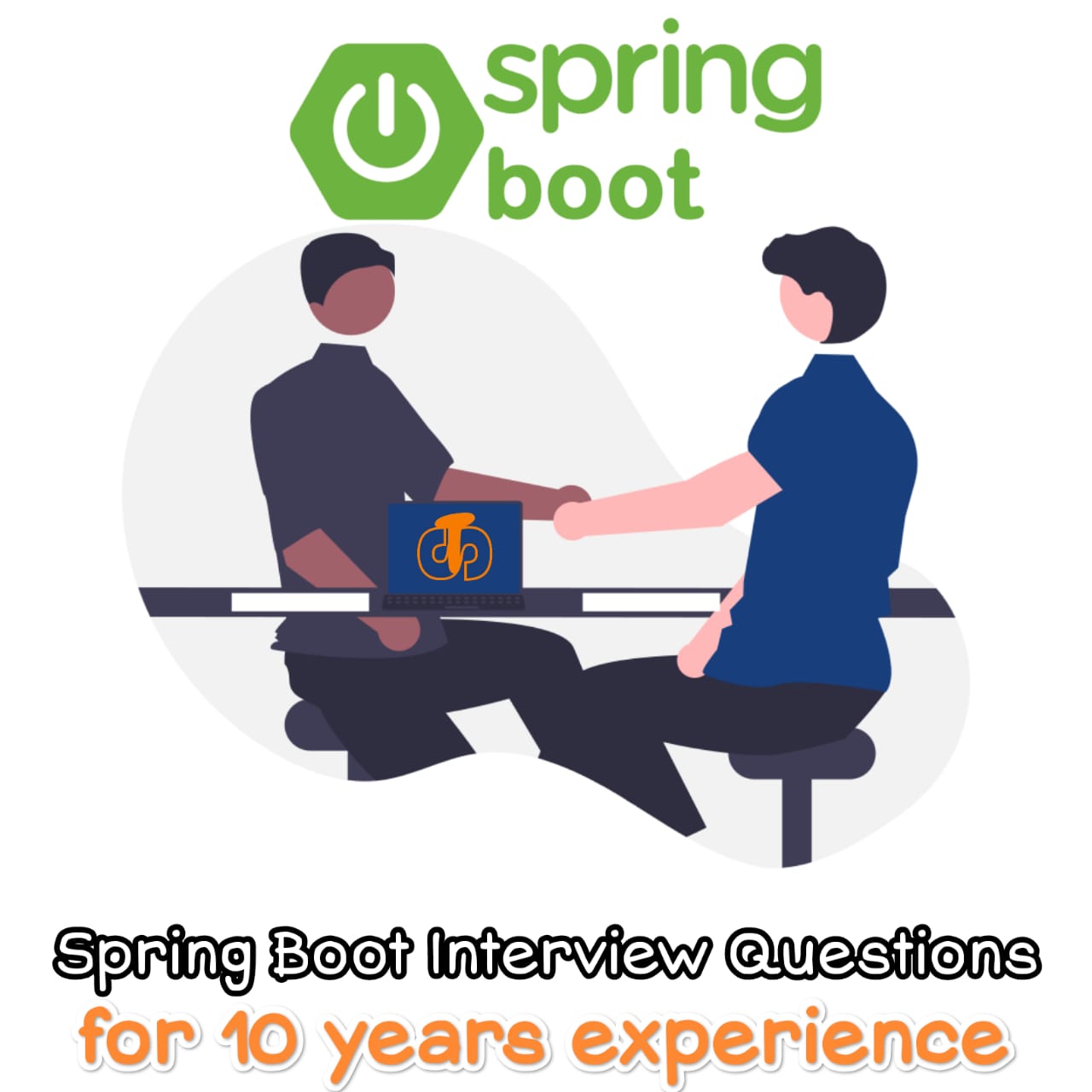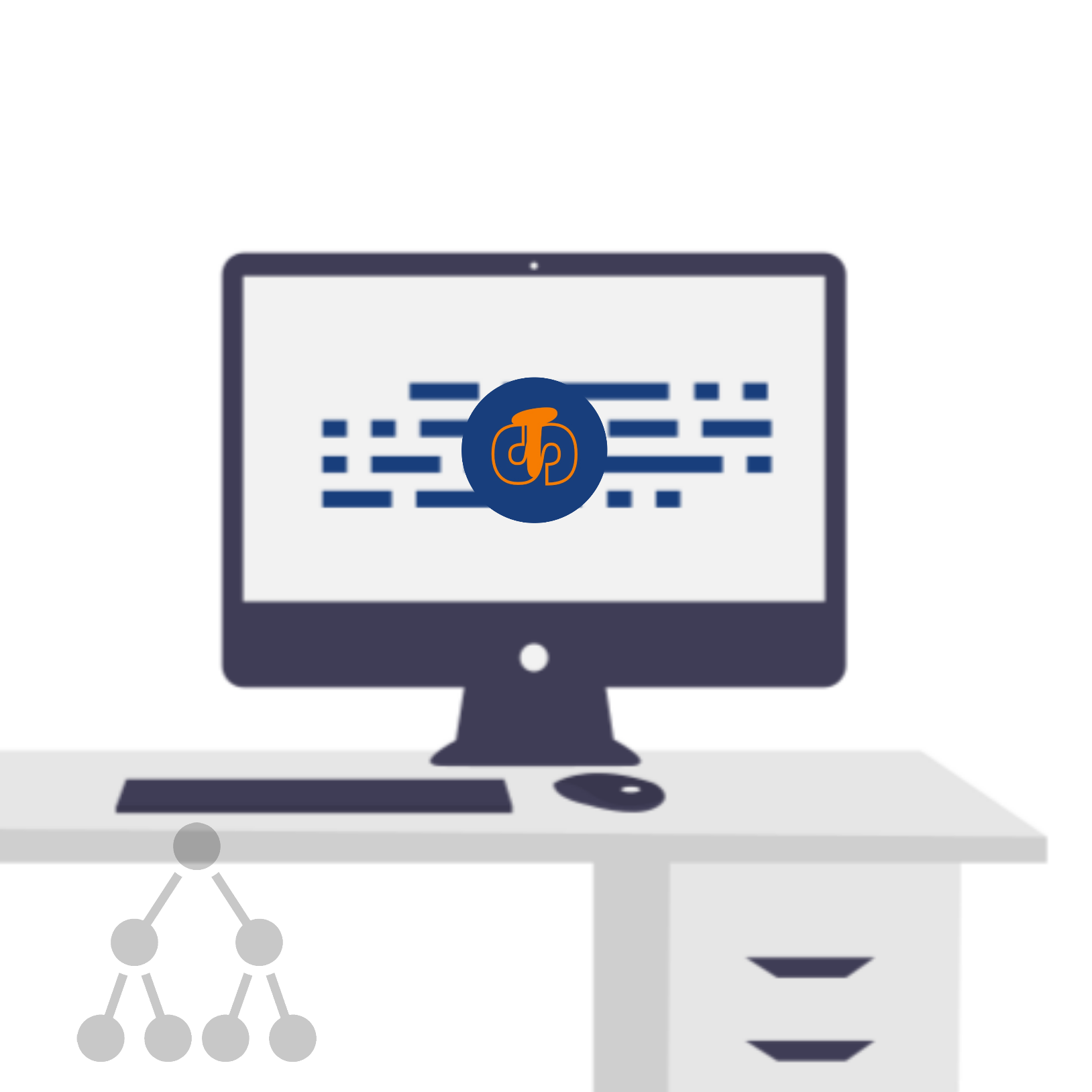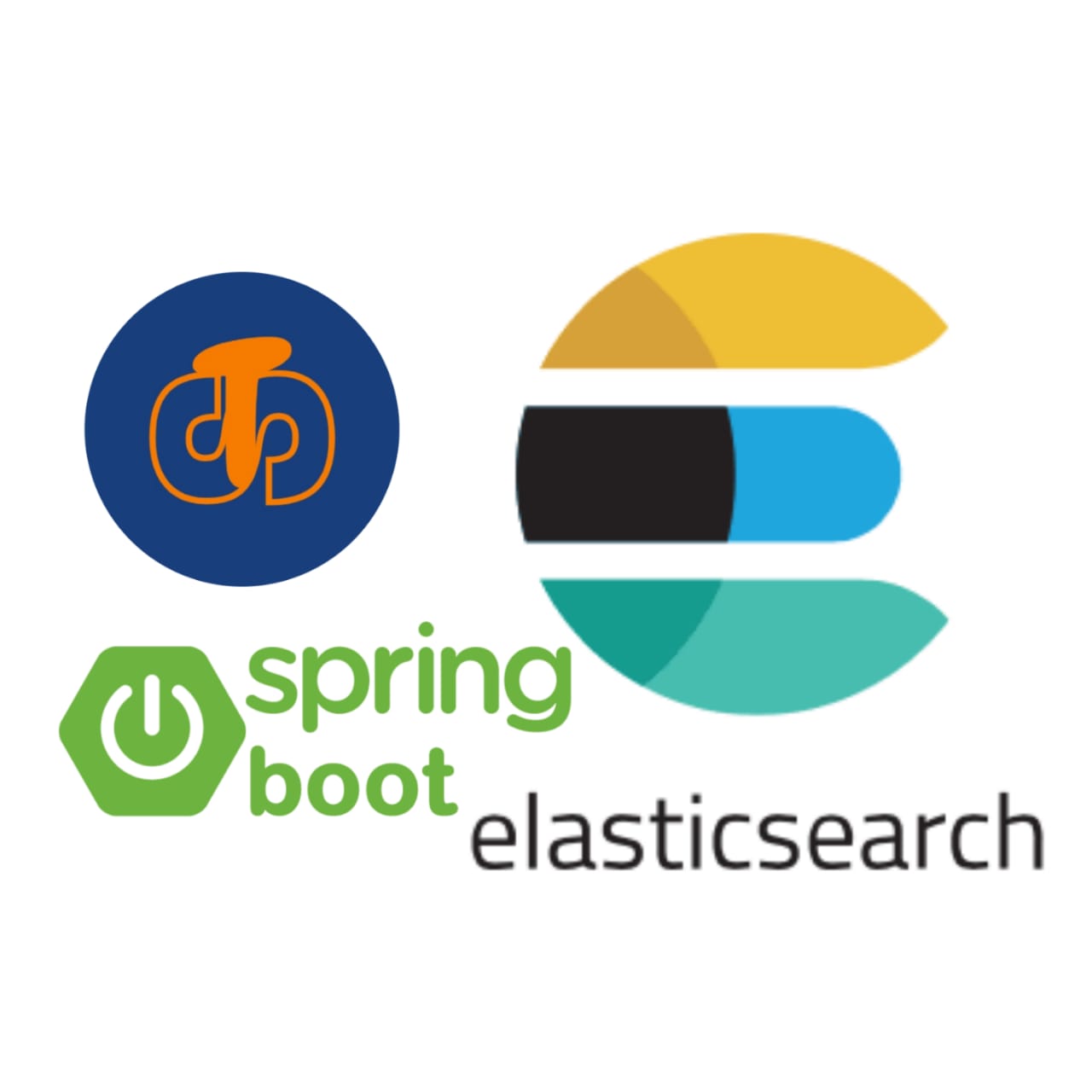Question-Answering with GPT Models - MGM
Welcome to Day 5 of our GPT course! Today, we will explore the incredible capabilities of GPT models in building question-answering systems. Question-answering is a fascinating application of GPT models that allows us to harness their vast knowledge to provide accurate and relevant responses to user queries.
Unleash the Power of GPT Models in Building a Question-Answering System
GPT models have been trained on massive amounts of text from the internet, making them a treasure trove of knowledge. By building a question-answering system with GPT models, we can tap into this knowledge and provide users with precise and informative answers to their questions.
Handle Context and Generate Relevant Responses for User Queries
Building a question-answering system involves understanding the context of the user's question and using that context to generate a coherent and contextually relevant response. GPT models excel in this task due to their transformer-based architecture, which allows them to analyze context over multiple tokens.
Fine-Tune the GPT Model to Provide Accurate and Concise Answers
Fine-tuning is a crucial step in building an accurate question-answering system. By fine-tuning a pre-trained GPT model on a specific dataset containing question-answer pairs, we can train the model to generate concise and accurate answers based on the input questions.
# Import necessary libraries
import torch
from transformers import GPT2Tokenizer, GPT2ForQuestionAnswering, AdamW
# Load the pre-trained GPT-2 model and tokenizer
model_name = "gpt2"
tokenizer = GPT2Tokenizer.from_pretrained(model_name)
model = GPT2ForQuestionAnswering.from_pretrained(model_name)
# Load and preprocess the question-answer dataset
# Preprocessing steps include tokenization and encoding the questions and answers
# Fine-tuning loop
num_epochs = 3
learning_rate = 2e-5
optimizer = AdamW(model.parameters(), lr=learning_rate)
for epoch in range(num_epochs):
for batch in dataloader: # Loop over batches of data
inputs = batch['input_ids'].to(device)
start_positions = batch['start_positions'].to(device)
end_positions = batch['end_positions'].to(device)
# Set the model to training mode
model.train()
# Forward pass
outputs = model(inputs, start_positions=start_positions, end_positions=end_positions)
# Compute the loss
loss = outputs.loss
# Backpropagation and optimization
loss.backward()
optimizer.step()
optimizer.zero_grad()
# Print the loss after each epoch
print(f"Epoch {epoch+1}/{num_epochs}, Loss: {loss.item()}")
# Save the fine-tuned question-answering model
model.save_pretrained("fine_tuned_qa_model")
After fine-tuning, our question-answering system is ready to provide accurate and concise answers to user queries. Let's implement a simple interactive interface to test our model:
def question_answering_bot():
while True:
user_question = input("Ask a question: ")
if user_question.lower() in ['quit', 'exit', 'bye']:
print("Question-Answering Bot: Goodbye!")
break
# Tokenize user question
input_ids = tokenizer.encode(user_question, return_tensors="pt")
# Generate response from the question-answering model
with torch.no_grad():
output = model.generate(input_ids, max_length=100, num_return_sequences=1)
# Decode and display the answer
answer = tokenizer.decode(output[0], skip_special_tokens=True)
print("Question-Answering Bot:", answer)
question_answering_bot()
As you can see, the question-answering bot can now interactively provide accurate and relevant answers to user queries. By fine-tuning GPT models for question-answering, we unlock their potential as intelligent knowledge resources, making them invaluable tools in information retrieval and comprehension tasks.
With this knowledge, you can build advanced question-answering systems for various domains, ranging from customer support to educational applications. The ability to provide quick and accurate answers to users' questions is a powerful feature that enhances user experience and increases the value of your applications.








Comments
Post a Comment